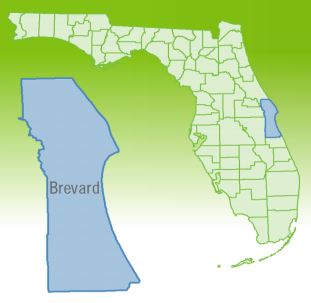Legal How-To: Getting a Tax Filing Extension
Legal How-To: Getting a Tax Filing Extension
Legal How-To: Getting a Tax Filing Extension
By Jenny Tsay, Esq.
For most individuals filing taxes, April 15 is the deadline. However, if you're a procrastinator—or if you were unable to file your taxes by the deadline for other reasons—the IRS may give you an extension.
If you're running late, here's how to get a tax filing extension, along with a few words of caution:
File Form 4868
To receive an extension on filing your federal income tax, you must fill out and file Form 4868 (Application for Automatic Extension of Time To File U.S. Individual Income Tax Return) by April 15.
By filing the form, you'll get an automatic six-month extension to file your taxes. However, the form gives you an extension on filing, not an extension on paying owed taxes. So you must pay any taxes you owe by the April 15 deadline even if you don't file your taxes by that date.
Taxpayers Living Outside of the United States
U.S. citizens and resident aliens living abroad can get an automatic two-month extension to file their tax returns. To get that extension, you must attach a statement to your return that explains why you qualify for the extended time. In general, those who qualify are:
Individuals living outside of the states and Puerto Rico because their main place of business or post of duty is outside of the country;
Active duty naval and military personnel outside of the states and Puerto Rico.
Taxpayers living abroad can also get a six-month extension to file their returns by filling out Form 4868 (discussed above).
Individuals Serving in a Combat Zone
Special extensions and allowances apply to individuals serving in a combat zone. For those individuals, the deadline for filing and paying owed taxes is automatically extended for at least 180 days from the last day they're in a combat zone, or the last day they were hospitalized for an injury from service in the combat zone.
A Final Reminder...
With the exception of those serving in a combat zone, individuals who receive a tax filing extension still must pay their owed taxes by April 15. The IRS will charge you interest on any amounts of underpayment or non-payment owed by the due date. So estimate how much you owe before the deadline. If you overpay, the IRS will credit you.
If you run into trouble, never fear -- an experienced tax lawyer is just a click or phone call away.
Source: FindLaw.com
Reprinted with permission from RISMedia. ©2014. All rights reserved.






